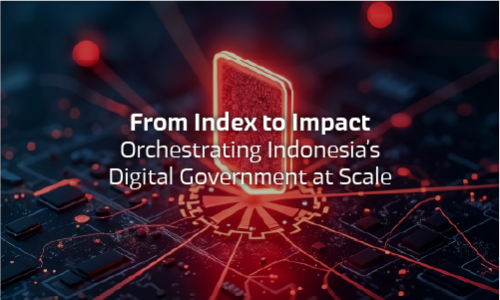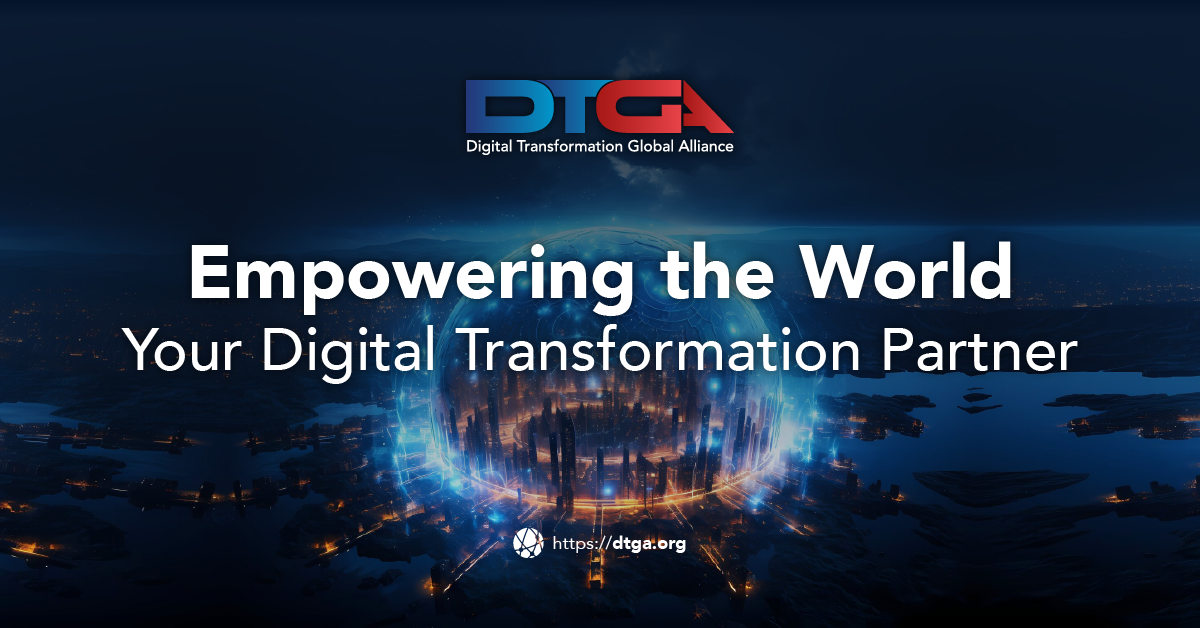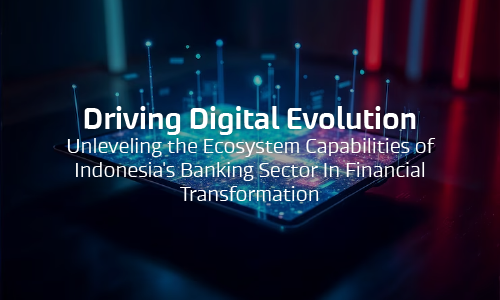
Summary:
Indonesia
recorded measurable progress in digital government in 2024, attaining an EGDI
score of 0.7991 (rank 64/193, Very High). This trajectory reflects the
consolidation of national frameworks, SPBE (Electronic-Based Government
System), Satu Data Indonesia (SDI), National Data Centres (PDN), and the Government
Service Integration Hub (SPLP), while exposing gaps in interoperability, security
and privacy, human capital, last-mile connectivity, and multi-level governance
and financing. Using the EGDI lens (OSI, TII, HCI) and the 2025–2026 priority
agenda (digital social protection, Digital Population Identity, population-data
use, digital land administration, and geospatial information), this study
proposes a 12–24 month acceleration package: (i) strengthen HCI via targeted
upskilling of civil servants and public digital literacy; (ii) deploy digital
public infrastructure (DPI), digital ID, e-signature, base registries,
government payments, and enforce API/metadata standards through SPLP; (iii)
re-engineer 10–15 life-event services toward proactive, accessible delivery;
(iv) close connectivity gaps at frontline service nodes; and (v)
institutionalise trust-by-design (data protection, security audits, incident
response). Governance recommendations emphasise a whole-of-government approach,
product-oriented portfolio financing, and a national performance dashboard
featuring outcome indicators (adoption, data quality, security, cost
efficiency, user satisfaction). The central claim is that success hinges less
on the number of applications than on consistent execution of architecture, data
interoperability, and converting index gains into inclusive, secure, and usable
public value.
Introduction: Indonesia’s Digital Government Transformation
Indonesia’s
digital government has advanced in quantifiable ways. In 2024, the country
reached EGDI 0.7991, ranking 64th and entering the Very High category. The
result signals better online services, stronger infrastructure, and improving
human capital, along with persistent gaps in interoperability, security/privacy,
digital literacy, and cross-level governance and financing. This article
defines the scope of digital government, reviews the national policy stack
(SPBE, SDI, PDN, SPLP, and long-term direction), analyses Indonesia’s 2024 EGDI
position, maps the 2025–2026 priority programmes, and identifies binding
constraints. It then proposes an acceleration strategy for the next 12–24
months with specific, measurable indicators designed to translate index
progress into tangible improvements in citizen experience and state
effectiveness, that is, services that are accessible, safe, inclusive, and
grounded in reliable data governance.
Digitalisation cannot be reduced to putting forms online.…












